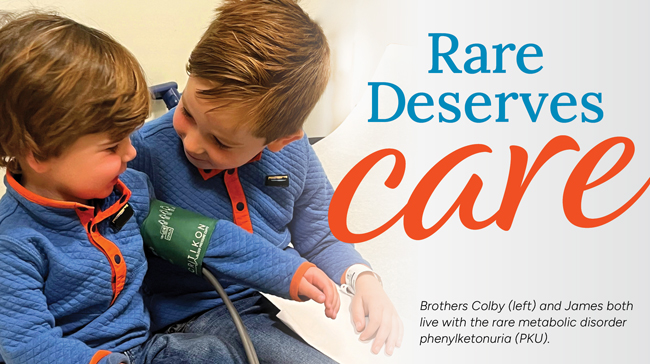Epilepsy Foundation
About Epilepsy Foundation
The Epilepsy Foundation (formerly the Epilepsy Foundation of America) is a non-profit organization with the goal of ensuring that people with seizures are able to participate in all life experiences. It has programs of research, education, advocacy and services. Established in 1968, the foundation has national offices in metropolitan Washington, DC, and a network of local affiliated foundations with offices in about 100 communities. National programs include a toll-free information service, information-rich website, research grants and fellowships, legal and legislative advocacy programs, Epilepsy Gene Discover Project, women’s health initiative, and career choice and employment assistance. Local programs include outreach to schools and the community, support groups, camps, employment services, counseling, and information and referral. The foundation provides informational materials to the public and healthcare professionals. The National Epilepsy Library at (800) 332-4050 provides information to professionals and the public by means of computer access to major medical collections.
Related Rare Diseases:
- MEF2C Deficiency
- KCNB1 Encephalopathy
- Arginine: Glycine Amidinotransferase Deficiency
- Guanidinoacetate Methyltransferase Deficiency
- Creatine Transporter Deficiency
- COL4A1/A2-Related Disorders
- Cerebral Creatine Deficiency Syndromes
- Pitt-Hopkins Syndrome
- Succinic Semialdehyde Dehydrogenase Deficiency
- KCNQ2 Developmental and Epileptic Encephalopathy
- Febrile Infection-Related Epilepsy Syndrome (FIRES)
- NORSE (New Onset Refractory Status Epilepticus) and FIRES (Febrile Infection-Related Epilepsy Syndrome)
- MECP2 Duplication Syndrome
- Glucose Transporter Type 1 Deficiency Syndrome
- Sporadic Porencephaly
- Brain Small Vessel Disease 1 With or Without Ocular Anomalies
- Dravet Syndrome
- Pyridoxine-Dependent Epilepsy
- Classic Infantile CLN1 Disease
- Congenital Bilateral Perisylvian Syndrome
- Fountain Syndrome
- Alternating Hemiplegia of Childhood
- Oculocerebrocutaneous Syndrome
- MELAS Syndrome
- West Syndrome
- Chromosome 14 Ring
- Lennox-Gastaut Syndrome
- DOORS Syndrome
- Progressive Myoclonus Epilepsy
- Alpers Disease
- Parry Romberg Syndrome
- Angelman Syndrome
- Landau Kleffner Syndrome
- General Myoclonus
- Status Epilepticus
- Tuberous Sclerosis
- Síndrome de Angelman
- Lafora Disease
- Síndrome de deficiencia del transportador de glucosa tipo 1
- PRRT2-Associated Paroxysmal Movement Disorders
- Trastornos del movimiento paroxístico asociados con PRRT2
- Esclerosis tuberosa
- Enfermedad de Lafora
- Deficiencia de L-arginina:glicina amidinotransferasa
- SETD1B-Related Neurodevelopmental Disorder
- Deficiencia de guanidinoacetato metiltransferasa
- Molybdenum Cofactor Deficiency
- Deficiencia de cofactor de molibdeno
- Síndrome de Parry-Romberg
- White-Sutton Syndrome
- DNM1-Related Epilepsy and Neurodevelopmental Disorder
- TRPM3-Related Neurodevelopmental Disorder
- GM3 Synthase Deficiency



